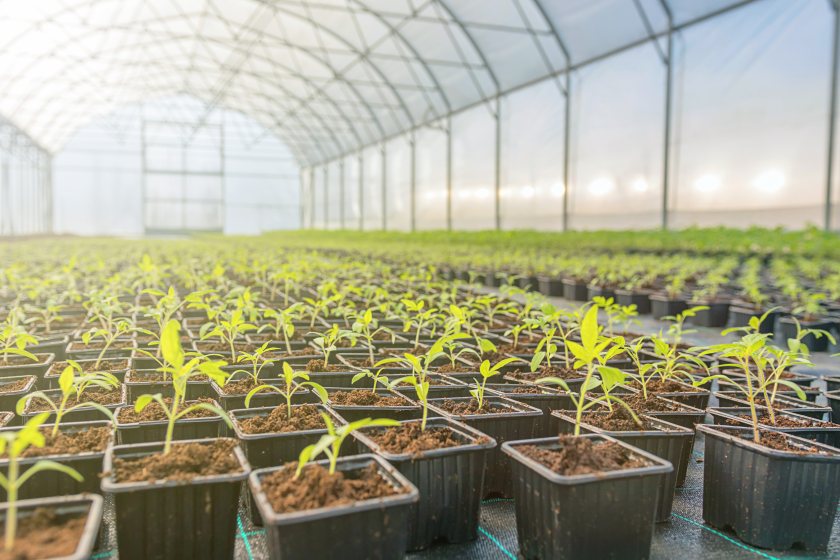
UK growers are being left at a competitive disadvantage as EU fruit and veg continue to cross borders unchecked, sparking fresh criticism from the NFU.
The decision by the government to delay the introduction of checks on 'medium risk' fruit and vegetable imports from the EU has been criticised by the union.
The deferral means that many finished fruit and veg products from the bloc will continue to enter the UK without inspection — a reprieve not extended to British growers moving goods in the other direction.
It forms part of wider ‘reset’ discussions intended to ease trade ahead of a proposed sanitary and phytosanitary (SPS) agreement with the EU.
Martin Emmett, the NFU's Horticulture and Potatoes Board Chair, expressed frustration at the decision, arguing it fails to support domestic producers.
“While it might seem a logical step, this extended easement does nothing to support the UK horticultural sector,” said Mr Emmett.
He added that the situation is particularly burdensome for UK growers who rely on young plants and plant material from the EU to produce crops for the domestic market, as they remain subject to costly and time-consuming border checks.
He explained: “At the same time, those who rely on imported young plants and plant material to grow their own crops will continue to be subject to border checks until negotiations on re-entering the European Plant Health area conclude.
“These checks, which are costly, cause long delays, pose an infection risk, and create an imbalance which makes it easier for imported fruit and veg to hit shop shelves rather than for UK growers to import the seeds and plants they need to grow the produce themselves.
“This needs to be addressed as a matter of urgency,” Mr Emmett warned.
The disparity stems from the Border Target Operating Model (BTOM), under which finished products for retail are considered a lower biosecurity risk than ‘plants for planting’ intended for propagation at UK nurseries.
The NFU has long argued this categorisation is flawed, pointing out that domestic growers are already subject to strict on-site inspections and possess the expertise to manage pest and disease risks.
By contrast, the union says, biosecurity measures for imported finished plants sold directly to consumers are inadequate.
Physical checks on ‘plants for planting’ have been in place since 30 April 2024 and were moved from the destination sites to designated Border Control Points.
However, the equivalent inspections for finished products from the EU were postponed once again, with the latest delay pushing implementation to 1 July 2025.
The union has called on government to rectify this imbalance swiftly to avoid further undermining of UK horticultural production.
